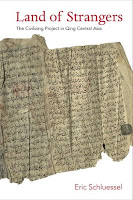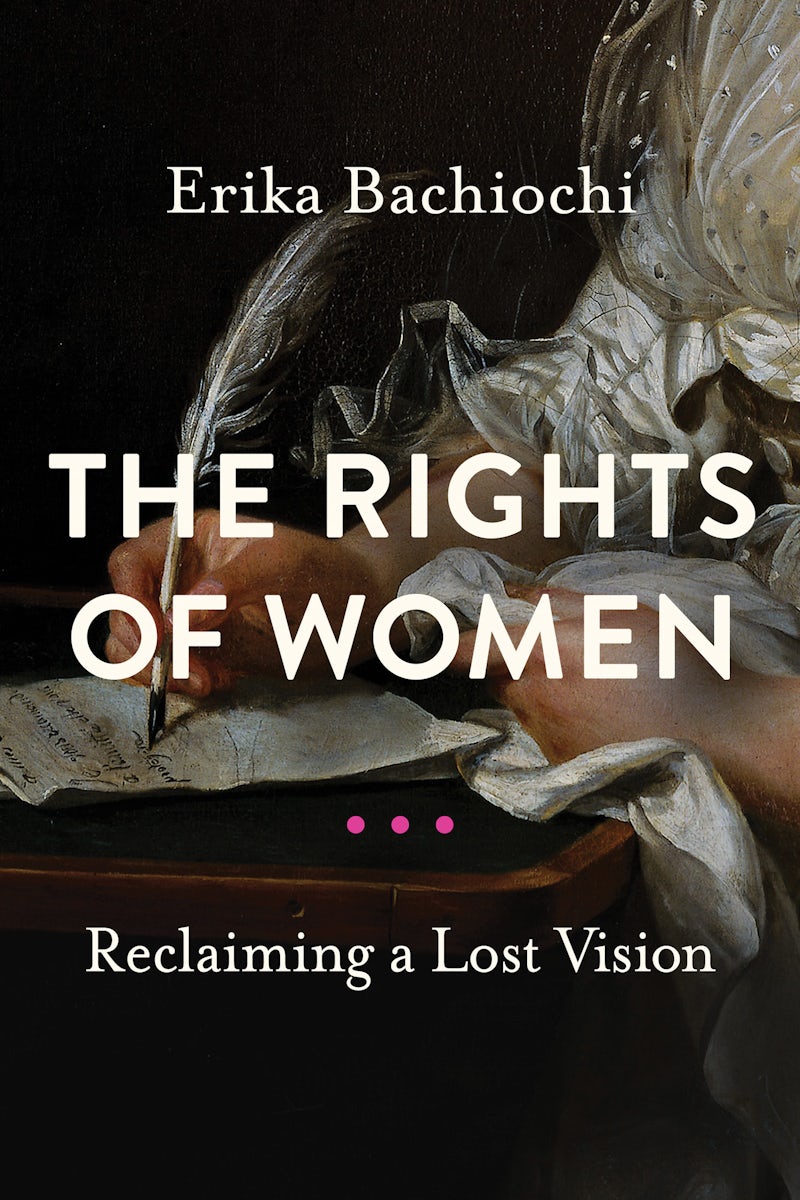Want to read more Chinese legal history but not sure where to start? In my previous post, I provided a select bibliography of English-language studies of Chinese legal history published since the 1980s. In this post, I will wrap up my tenure as guest blogger with recommendations for five books that I think are the best representative scholarship of the field. As with any shortlists, this list will invariably exclude other excellent titles. A final disclaimer: I have met or am even friends with almost all of the authors below, so this is hardly an objective list!
Sex, Law, and Society in Late Imperial China by Matthew H. Sommer
If you could only read one book on Chinese legal history, I recommend this one. As I explained in an earlier post, this book made a deep impression on me even before I became a graduate student and sought to figure out what kind of historian I wanted to be. Sex, Law, and Society in Late Imperial China exemplifies the very best of new Chinese legal history. Its creative use of legal cases undergirds bold arguments that address big questions at the heart of Chinese family life, gender relations, sexual practices, and state-society relations. Sommer’s other study, Polyandry and Wife-Selling in Qing Dynasty China, was the inaugural winner of the ASLH Peter Gonville Stein Book Award and offers a sequel of sorts.
Pirates and Publishers: A Social History of Copyright in Modern China by Fei-Hsien Wang
Can there be copyright without laws? This has been the
question dominating research on the history of intellectual property in China. Fei-Hsien
Wang addresses this important question—but she does so by departing from the assumptions that have encumbered
prior debates. Rather than focusing on legislation as the foundation of
studying intellectual property, she shifts the perspective to authors, publishers, and
guilds and explores the many creative ways they asserted copyright. This book
also asks broader questions about the nature of intellectual property that
should resonate with researchers in other fields: how it was understood, defended, and
appropriated. I always enjoy reading books that bring new perspectives to classic questions, and Pirates
and Publishers has garnered considerable praise (as well as a Stein Book Award!) for doing exactly that.
Until recently, scholars have dismissed the relevance of law
in the early People’s Republic, when the party-state governed through mass campaigns
and dismantled the country’s legal institutions and legal profession. Jennifer
Altehenger challenges this assumption by surveying the history of mass legal
education and demonstrating how the party-state actually cared quite a bit about law.
She argues that the promotion of legal education was not a cynical ploy by the regime aimed
at inducing compliance but was instead a sincere effort aimed at fostering a
new legal consciousness among the masses. How the party-state imparted its
legal lessons and how individuals learned—or did not learn—such lessons are the
key concerns of this book. Altehenger makes explicit comparisons between
the People’s Republic and other socialist legal regimes, and I think this book
would indeed make a nice companion to studies like Justice
in Luritz: Experiencing Socialist Law in East Germany by Inga Markowitz. I also appreciated its creative
methodology, which blended extensive archival research with innovative readings
of visual propaganda like posters, photos, and cartoons sprinkled throughout the book.
Margaret Kuo’s study offers a fascinating history of marriage and divorce during China's Republican era in early twentieth century. The empirical core of her study—built on more than 400 cases from the 1930s and 1940s—enables Kuo to amplify the “voices” of litigants, understand ordinary grievances, and trace the contours of an emerging “rights consciousness.” New laws of the Republic did not completely realize the stated aims of their drafters to dismantle Chinese patriarchy or emancipate women. Yet new laws did create liminal openings for women litigants to leave unhappy marriages or challenge abusive husbands. As Kuo shows, many women cannily appropriated new legal language in framing their lawsuits or resorted to creative litigation strategies to win favorable outcomes. Scholars looking for comparative legal histories of marriage, family, divorce, gender relations, and legal consciousness will be well-served by looking at Intolerable Cruelty.
Land of Strangers: The Civilizing Project in Qing Central Asia by Eric SchluesselI usually do not recommend books that I have not read myself, but I will make an exception for this one. Friends have raved about Eric Schluessel’s Land of Strangers—even before it was recently awarded the John K. Fairbank Prize from the American Historical Association. It is easy to see why. Land of Strangers presents an ambitious history of how the Qing empire remade its western frontier and explores the instrumental role of law in this “civilizing project.” I just added it to my reading list, and I expect many others will do so too.
China’s War on Smuggling: Law, Economic Life, and the Making of the Modern State, 1842–1965 by Philip Thai
I promised five titles, but I will abuse my prerogative as guest blogger to add my own book to the list! I hope readers concerned with questions of law and state-building; law and economic life; and, yes, law and criminality will find this book of interest. A paperback edition is coming out this December, and I hope this will make China’s War on Smuggling more financially justifiable for instructors to assign in their courses.
It was a true pleasure to use this platform to speak to my fellow legal historians. Once again, I am grateful to Mitra Sharafi for her invitation to serve as guest blogger. During the past year and a half, I have been focused on staying safe, getting on with life, and caring for my newborn son. Legal history was—sadly but unsurprisingly—not something to which I had given much thought amidst the chaos. Yet writing for the blog has served as a welcomed return to an old subject. It helped me reflect on the state of the field and remember how legal history has been intricately tied to my own intellectual journey. It was nice to think more about the scholarship that originally ignited my passions and less about the challenges of pandemic life, if only for a moment.
The last conference I attended prior to the outbreak of the pandemic happened to be ASLH Boston in November 2019. I am still unsure when I will return to the conference circuit again, but I eagerly look forward to seeing everyone soon! Please take care and stay safe.
—Philip Thai
E-mail | p.thai@northeastern.edu
Twitter | @philip_thai











